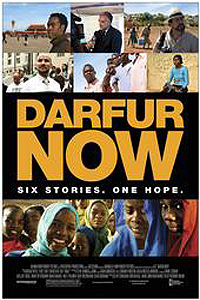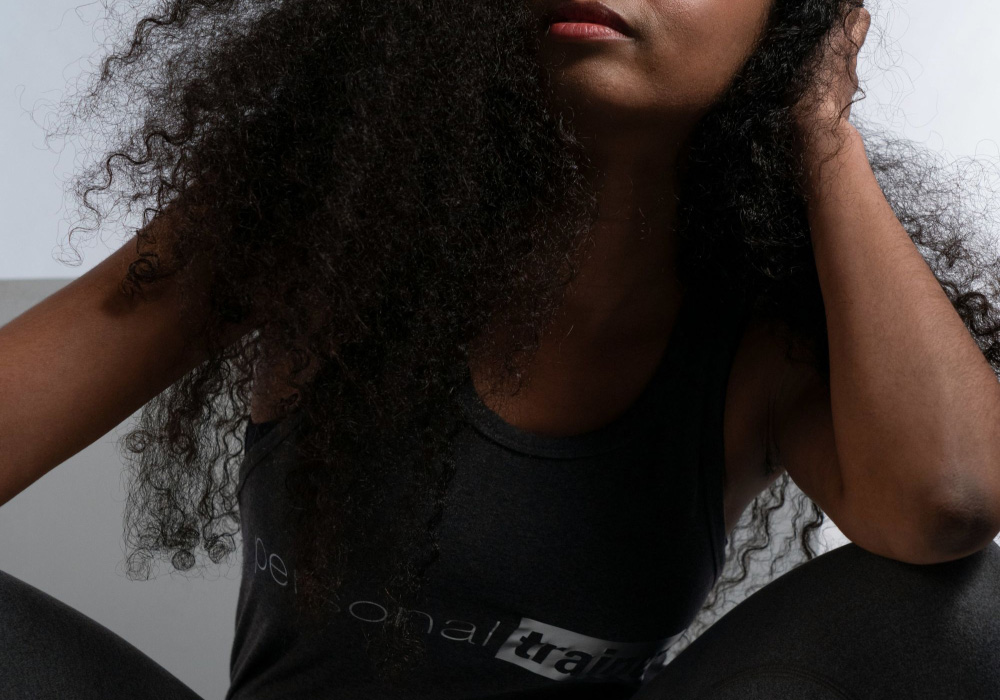This coming November 2nd will mark the launch date in theatres of Ted Braun’s thought-provoking documentary on the enduring Darfur crisis, Darfur Now.
The film follows six individuals struggling to bring positive change to the dire situation in Darfur. They include Don Cheadle (Academy Award-nominated actor), Ahmed Mohammed Abakar (a leader of a refugee camp of 47,000 in Darfur), Hejewa Adam (a Darfuri mother who lost her 3-month-old child to the Janjaweed militias’ atrocities), Luis Moreno-Ocampo (Prosecutor of the International Criminal Court in The Hague), Pablo Recalde (leader of the World Food Program team in West Darfur), & Adam Sterling (a Jewish-American 24-year-old divesting activist).
Darfur Now was recently featured at this year’s Toronto International Film Festival in September. In addition to the screenings, an engaging panel discussion with several of the documentary's cast and crew took place at the Isabel Bader Theatre.
There’s no doubt that having Don Cheadle (who also stars and co-produced the film) in town for the panel discussion brought some celebrity clout to the film and the issue of the Darfur genocide in general. It also helps that his friend (and Ocean’s Eleven trilogy co-star) George Clooney makes an appearance with him in the movie.
With the Recent news that Paris Hilton plans to head to Rwanda next month in an attempt to clean up her public image following her jail stint, it’s understandable how the sane among us might be more than a little skeptical about today’s shameless uses and abuses of the cult of celebrity.
But it would perhaps be counterproductive to compare Cheadle and Clooney’s motives to those of Paris Hilton. For one thing, Don Cheadle was very clear during the Toronto panel discussion that his celebrity status was more of a means to an end.
He told the gathered audience how, while filming Hotel Rwanda in 2004, he had no option but to look at the reality of genocide head-on. After travelling to Sudan later on, he recounts his reaction:
“Once I’d seen it with my own eyes … it was impossible to come back and do nothing. I came back, took stock and thought, ‘Where do I have influence?’ And then I realized, ‘Oh, I’m an actor.’ I go on red carpets, and people ask me questions like what does Brad [Pitt] eat? And I say, ''anything,'' and then I get to go into my thing.”
As George Clooney likewise eloquently discussed the matter of the Darfur genocide during the unrelated press conference during TIFF for his film Michael Clayton, it’s commendable that, as Cheadle puts it, they’re “trying to speak in a loud voice now … so that people cannot say ‘I was unaware.’ They can only say ‘I acted’ or ‘I stood by.’”
Don Cheadle believes it might be too early to see the effect of those efforts but that every move forward helps in the long run. “This movie could not have been made four years ago,” he says.
It’s all about “gathering heat on the issue,” according to Cheadle.
Since the beginning of the conflict, in February of 2003, it is estimated that more than 200,000 people have been killed and 2.5 million driven out of their homes and forced to live as refugees.
The Darfur conflict erupted when militants from the Zaghawa and Massaleit African ethnic groups accused the Arab-dominated government of President Omar al-Bashir of Sudan of the willful neglect and oppression of the black Afrians in favour of Arabs in the state of Darfur. As fighting ignited, the government forces began supporting and bolstering an Arab militia group known as the Janjaweed ("devils on horseback"). The Janjaweed are responsible for the rapes and murders of hundreds of thousands of people.
However, the Sudanese government continues to deny these charges.
Saying that “the victims cannot wait, they need justice now”, the Argentine Chief Prosecutor at The Hague’s International Criminal Court, Luis Moreno-Ocampo, also present at the Toronto International Film Festival panel discussion, had some sharp criticism for the Sudanese government.
He accuses Ahmed Harun, Sudan’s humanitarian affairs minister, of organizing a system to recruit, fund and arm the Janjaweed militia in an effort to support the Sudanese military and to attack and commit massive crimes against the civilian population.
Darfur Now is a timely documentary that demonstrates the urgency to act now.
Meres J. Weche | Co-founder & Managing Editor |





